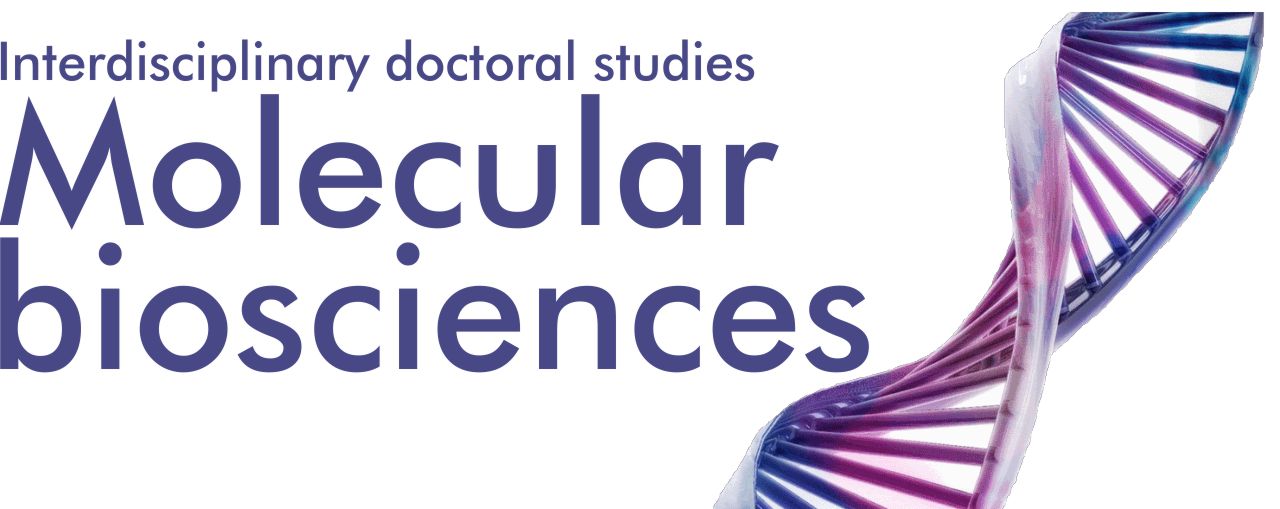| Cipher: | 2606 |
| Nomenclature: | Tumor suppressor GENE P53 and its relatives |
| Study programme: | Molecular biosciences |
| Module: | Biomedicine |
| Case holder: | Assoc. prof.dr. sc. Neda Slade, zn. Counsellor |
| Institution of the case holder: | Rudjer Boskovic Institute, Department of Molecular Medicine |
| Contributors - Contractors: | |
| Subject status: | Electoral College |
| The year in which the case is submitted: | Year I |
| The semester in which the case is submitted: | Semester II |
| Subject objective: | Understand the basis on tumor suppressor genes and their meaning in oncology with an emphasis on the families of genes p53/p63/p73. To know the possibility of using tumor suppressor genes in the gene treatment of tumors. |
| Case contents: | Tumor supersor genes and their significance in oncology. The key role of the p53 gene in preventing malignant transformation. Family p53/p63/p73 – structural and functional similarities and differences. p53/p63/p73 as transcription factors. The role in cell cycle control and cellular response to DNA damage. Inactivation of the p53 gene as a unique genetic event in the onset of cancer. Analysis of p53 gene mutations in human tumors. Regulation of genes p53/p63/p73in tumors and apoptosis. Role p63/p73 in development. p63 and p73 develop their own identity. Gene p53 and tumor therapy. Gene treatment of tumor tumors with suppressive genes. Combined treatment with chemotherapeutics and genome p53. |
| Learning outcomes: competences, knowledge, skills that the subject develops: | 1. Explain the importance of p53 in controlling and regulating the normal functioning of the cell. |
| ECTS Credits | 2 |
| Lectures | 5 |
| Seminars (IS) | 5 |
| Exercises (E) | 0 |
| Altogether | 10 |
| The way of teaching and acquiring knowledge: | regular attendance, seminar work |
| Ways of teaching and acquiring knowledge: (notes) | |
| Monitoring and evaluating students (mark in fat printing only relevant categories) | Attendance, Mandatory seminar work |
| Rating method: | Written exam, Essay/Seminar |
| Mandatory literature: | Joruiz SM, Bourdon J-C. p53 Isoforms: Key regulators of the Cell Fate Decision. Cold Spring Harbor Perspect Med, 2016, a026039 |
| Supplementary (recommended) literature: | Pflaum J, Schlosser S, Müller M. p53 family and cellular stress responses in cancer. Front Oncol, 2014, 00285 |
| How to monitor the quality and performance performance (evaluation): | The success of the course will be evaluated annually by the joint expert committee of the Rudjer Boskovic Institute, the University of Dubrovnik and the University of Osijek, and the leaders will receive information from the participants about the adequacy of the program and performance by the leadership through the survey. |
